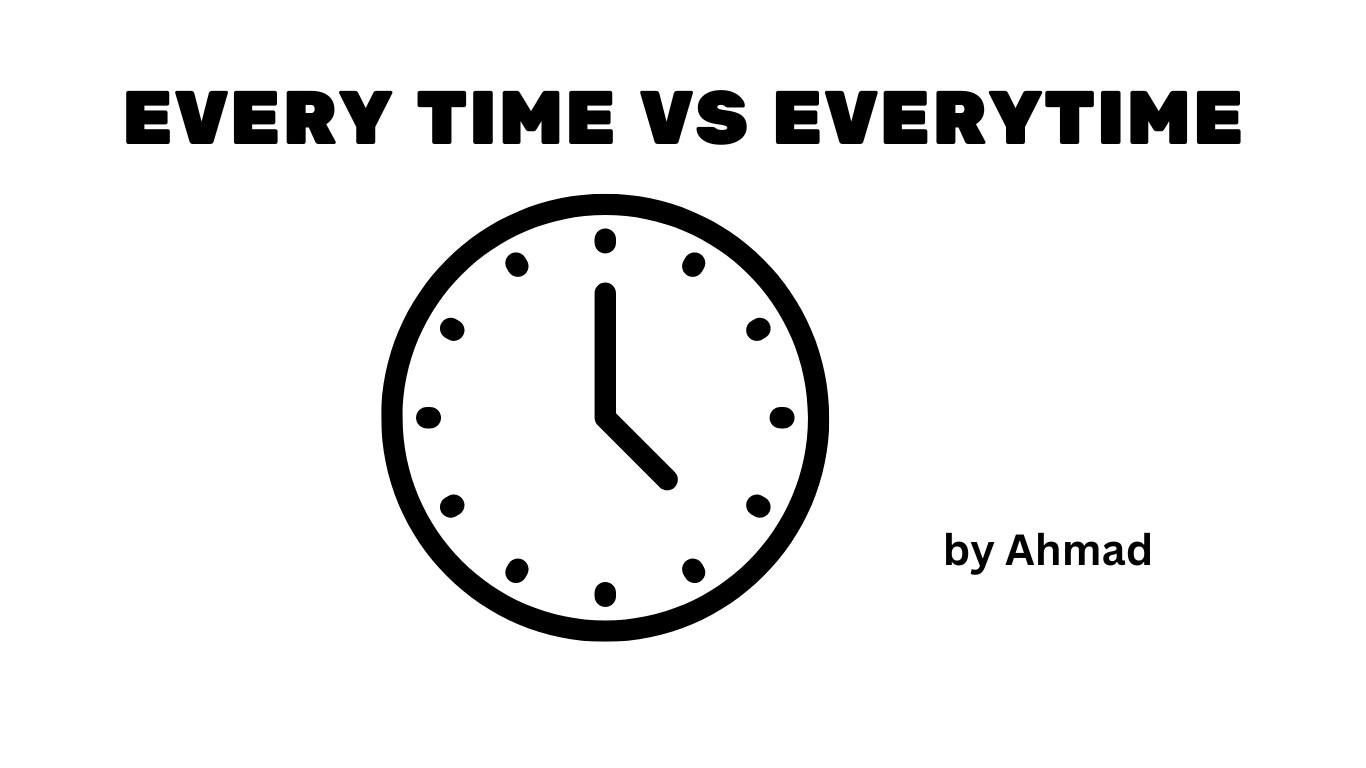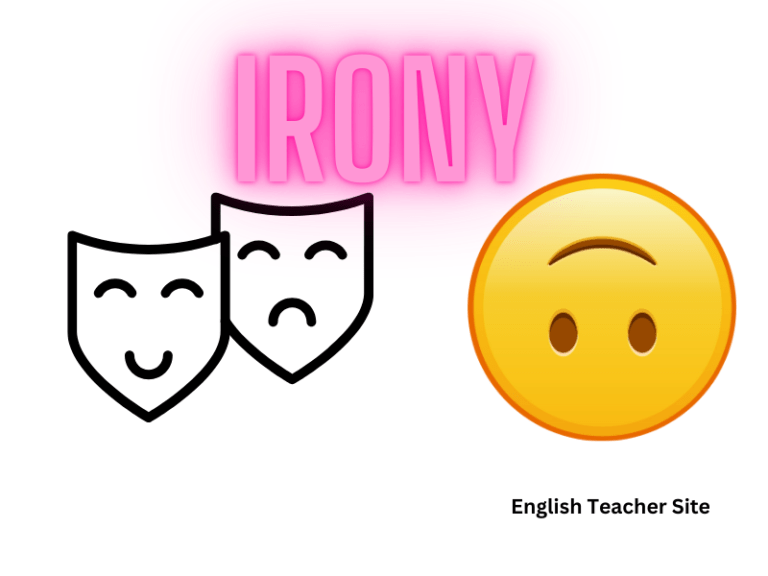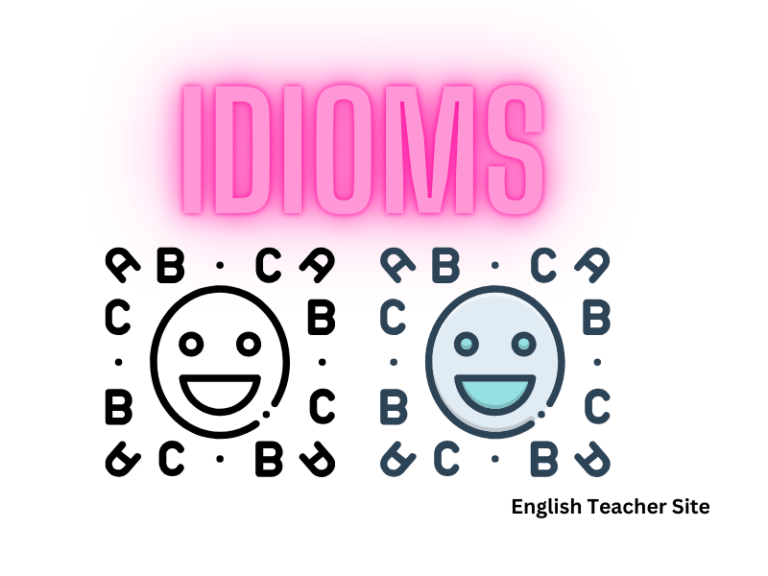Every Time vs Everytime: Understanding the Correct Usage

- “Every time” is the correct form, whereas “everytime” is a misspelling.
- The phrase “every time” should be used as two separate words to mean “on every occasion.”
- Understanding the difference between “every time” and similar compound words avoids common errors in English.
A common point of confusion is whether to use “every time” or “everytime.” The answer is simple: “Every time” should always be written as two separate words. “Every time” is an adverbial phrase that means “each instance” or “on every occasion,” while “everytime” is a frequent misspelling that has not been accepted into standard English.
While other examples are well-established compounds in English, “every time” remains an exception to this pattern. Grasping the correct usage is not just a matter of spelling; it also reflects an understanding of the nuances of English. “Every time” correctly punctuates sentences with the necessary separation to convey that something happens on each occasion or instance.
Every Time
In the intricacies of English writing, proper word choice is critical for clarity and correctness. The phrases “every time” and “everytime” are often confused, but only one is accepted in standard English. This section delineates the usage and rules governing these terms.
Examples of Every Time in sentence
“Every time” is recognized as two distinct words. Its correct usage in sentences follows a standard rule:
- Every time refers to each occasion or instance in which an event occurs.
Correct Usage:
| Sentence | Explanation |
|---|---|
| She checks her phone every time it beeps. | Signifies each individual instance of the phone beeping. |
| Every time we visit, they serve us tea. | Indicates all occasions of visiting. |
Common Use of Every Time In Contexts:
- Before a clause: “Every time I see you, you’re smiling.“
- Start of a sentence: “Every time, the outcome is the same.“
- Instead of a clause: “Everytime it rains, the streets flood.” (Should be “Every time”)
- Within dialogue or informal text: “Don’t forget to lock the door everytime.” (Should be “every time”)
This is Incorrect “Everytime”
“Everytime” is often mistakenly used as a compound word; however, it is not recognized by standard English grammar as correct.
Incorrect Usage:
| Sentence | Reason for Incorrectness |
|---|---|
| Everytime we meet, something goes wrong. | “Everytime” should be “every time” – two separate words. |
Common Mistakes and Clarifications
In the pursuit of clear communication, it’s essential to distinguish between correct and incorrect usage of phrases in the English language. A frequent point of confusion arises with the use of “every time” versus “everytime.” This section aims to clarify the correct form and address common errors.
Every time requires separation because the English language has not universally adopted it as a compound. Carefully check writing for these types of common mistakes to ensure precision and professionalism.
Sources
My name is Khamis Maiouf. I am the creator of the English Teacher Site, dedicated to providing valuable resources and insights for students around the world. With a passion for education and a commitment to helping students enhance their skills, I aim to make English teaching more effective and enjoyable for both educators and students.






